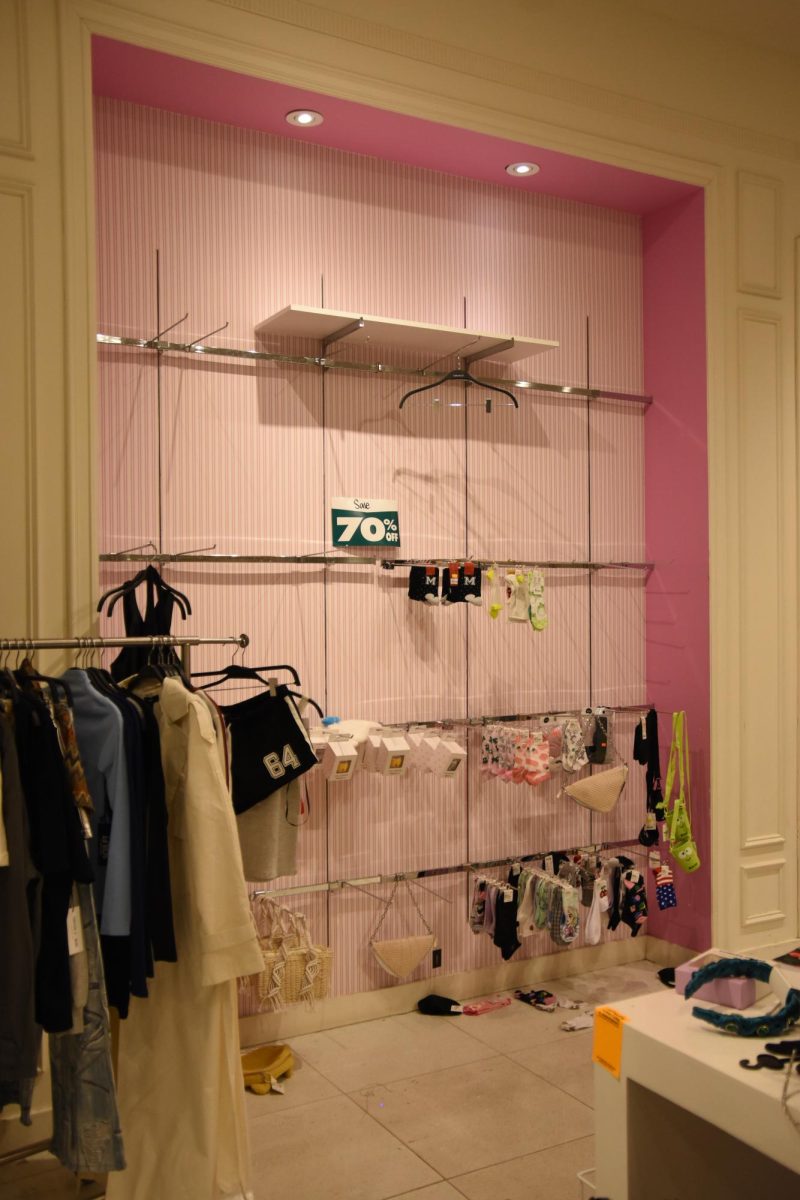The long-reigning popularity of in-store and mall shopping may be coming to an end as more and more stores close their doors indefinitely.
Many stores across the US and globally have shut down most, if not all, of their locations.
Local stores that have already felt the effects of the decline of in-person shopping include: Joann Fabrics, Akira, Party City, and, more recently, Forever 21.
The rapid closures of these stores leave consumers wondering if malls and in-person big-box stores will become a thing of the past.
Many malls have already been closed, abandoned, or sparsely populated with chain stores. Simply walking past the vacant storefronts at Circle Center Mall in Indianapolis, a once-bustling mall, leaves a feeling of uncertainty.
The future of Greenwood’s local Greenwood Park Mall is uncertain, as the closing of individual retail stores has only begun.
Many retail giants are moving their products from the sales floor to online websites that get more traffic than their in-person stores do.
The success of exclusively online retailers like Shein has redirected consumers’ purchasing habits because of their cheap, convenient appeal.
Although these online retailers are cost-effective and convenient, their ethics are often questioned due to humanitarian and environmental concerns. Shein, in particular, has been widely criticized for their ties to child-labor practices in China.
Because of these new concerns from consumers, governments globally have put new restrictions and laws regarding supply-chain transparency.
Although the future of in-person shopping is actively threatened by the rising popularity of online shopping, the closures of malls and physical retail locations are not guaranteed. In-person shopping is still popular and is not expected to completely disappear anytime soon.




